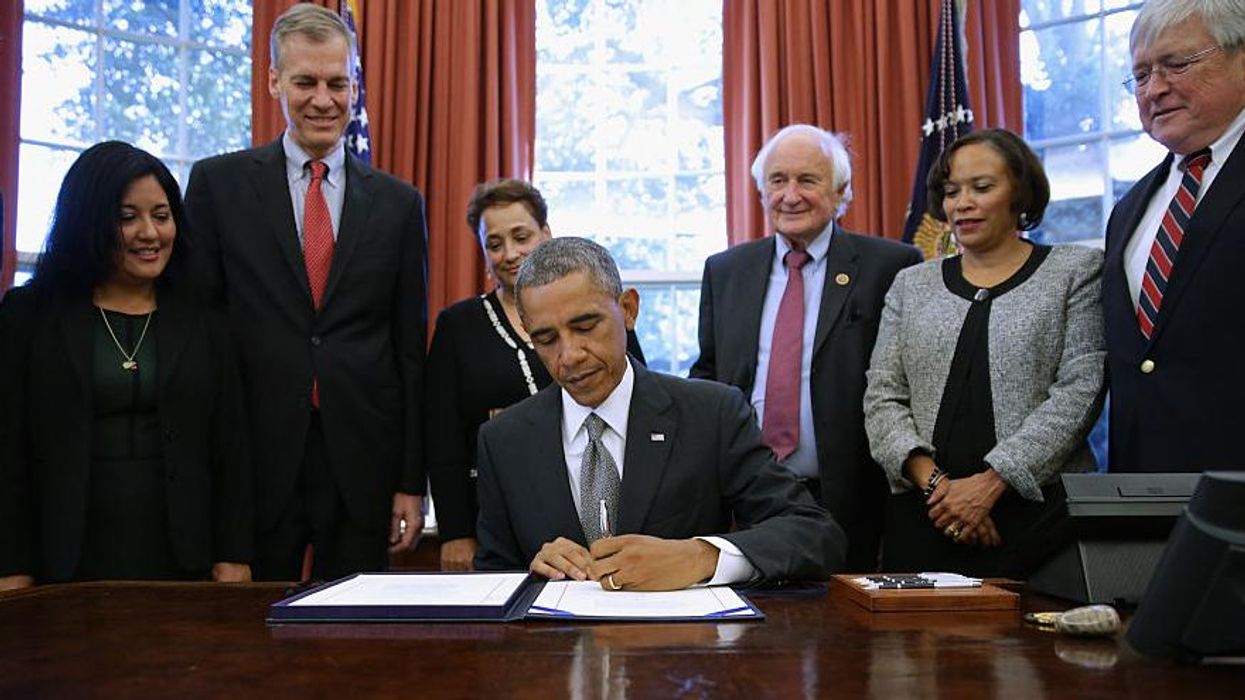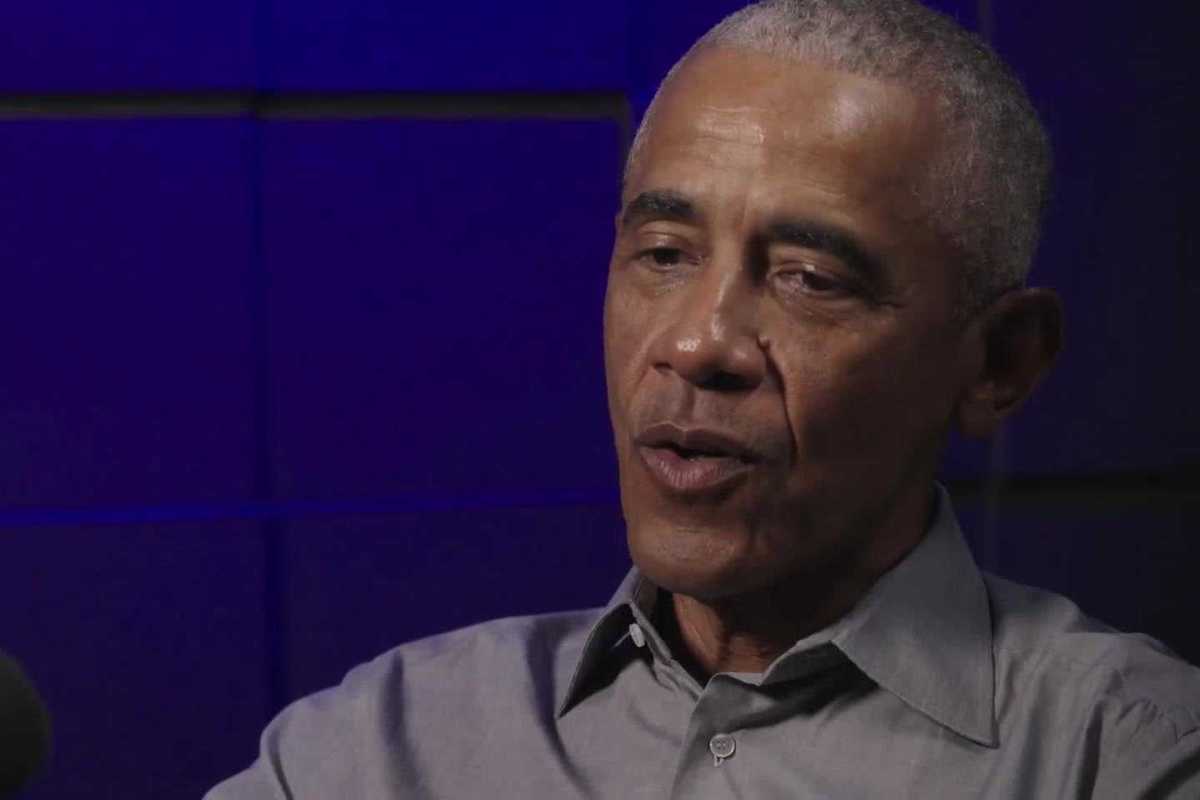News
Greg Evans
Dec 05, 2017

Picture:
Chip Somodevilla/Getty Images
The US Supreme Court has ruled that Donald Trump's latest travel ban can be enacted.
The controversial ban aims to prevent people from six Muslim-majority countries from entering the US. Those countries are Chad, Iran, Libya, Somalia, Syria and Yemen.
It is the third version of the policy that the President has ordered in 2017.
The additional revisions mean the American authorities can enact the President's wishes but as the Independent reports, it is still likely to face challenges in the Supreme Court.
Although the travel ban has been a prominent part of Trump's administration since he took office, the chosen countries in this ban were first outlined under Barack Obama's Presidency.
Visa Waiver Programme.
In December 2015 the six nations were named as "countries of concern" by Congress and their citizens were restricted under the visa waiver programme, a law signed by Obama.
Trump supporters have routinely tried to claim that Obama was the one responsible for implementing the ban but that isn't exactly true.
The law was first introduced as part of a larger spending bill and restricted visitors from 38 different countries (the UK included) from accessing the Visa Waiver Programme.
This would, therefore, allow the citizens of 38 countries to visit America without a visa, as long as their visit is fewer than 90 days.
At the other end of the spectrum; people who had visited or held dual citizenship in Iran, Iraq, Sudan, Syria or Sudan since March 2011, were prevented from accessing the waiver.
Libya, Somalia and Yemen were later added to the banned list in February 2016.
It was passed as part of a 2015 appropriations act by both Republicans and Democrats.
How the two acts differ.
Although it could be read that Trump's ban is similar, in essence, his ban wants to prevent all citizens from those nations full stop, no matter the length of their stay.
In comparison, Obama's legislation only affected those who were eligible for the 90-day waiver and not all visitors or travellers from the six countries.
More: Donald Trump's travel ban doesn't cover the countries the 9/11 attackers came from
Top 100
The Conversation (0)













